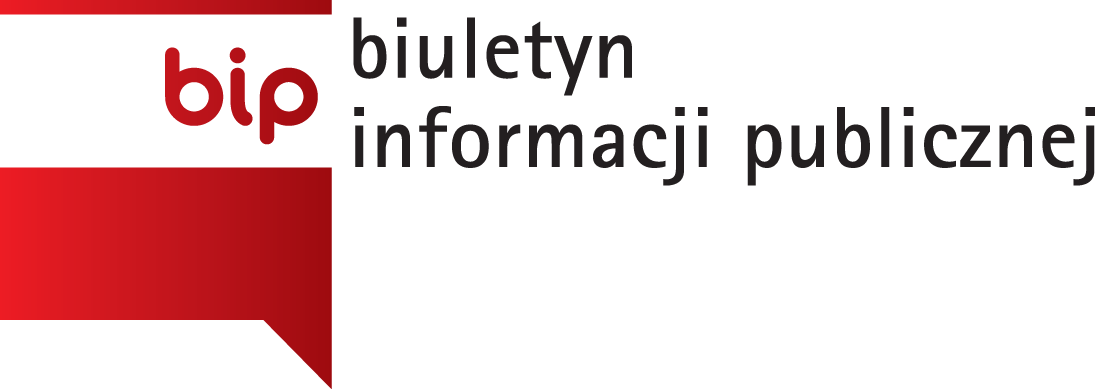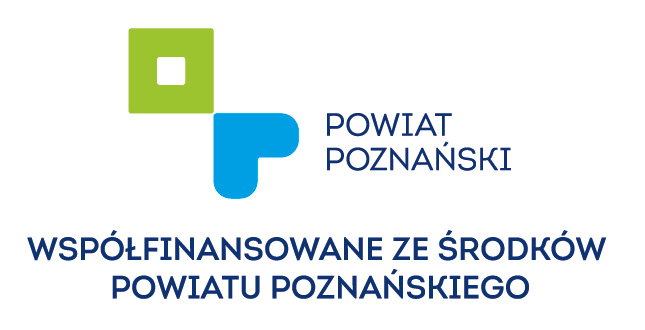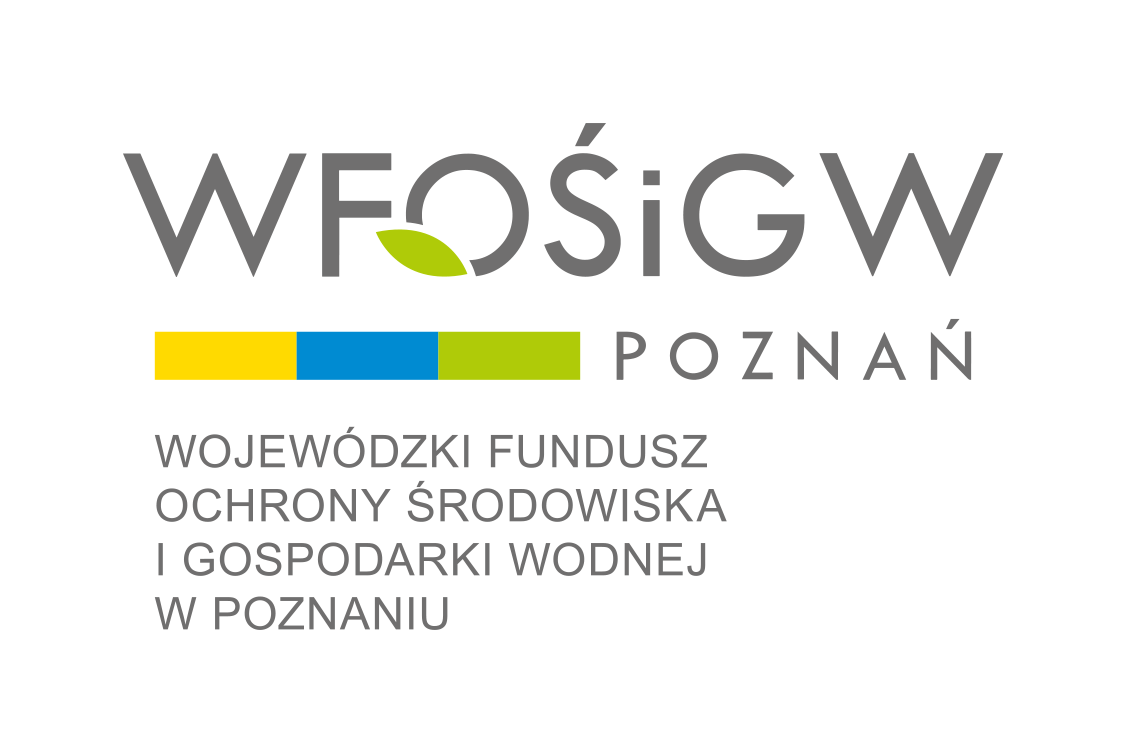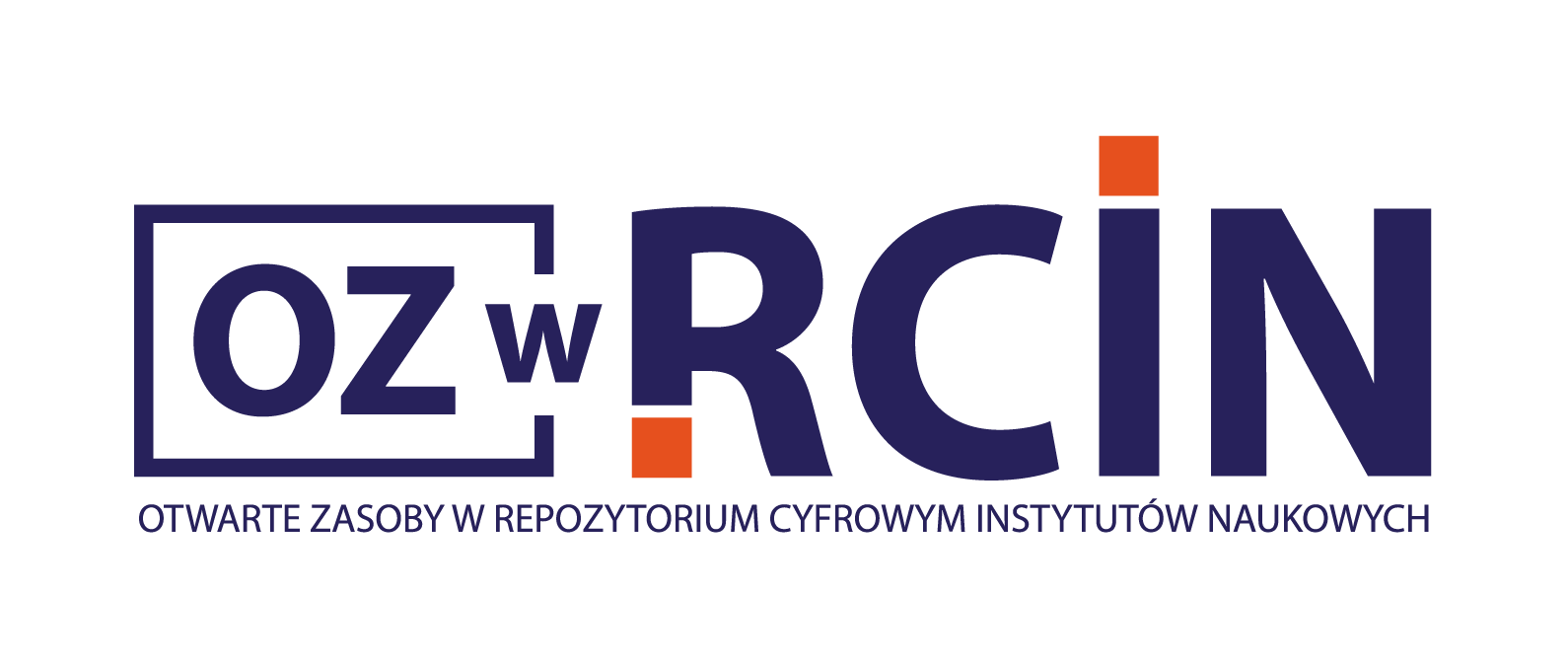Workshops
- Ectomycorrhizal fungi – from fruiting body to DNA sequencing
During the workshops, participants will have the opportunity to learn the procedure for identifying fruiting bodies and ectomycorrhizas based on Sanger sequencing of the fungal internal transcribed spacer (ITS) regions of the nuclear ribosomal RNA gene. The basic steps leading to the identification of fungi forming ectomycorrhizas will be presented:
- • morphotyping of the ectomycorrhizas,
- • DNA isolation,
- • amplification of the fungal ITS region,
- • sequencing,
- • sequence analysis – UNITE database.
- In vitro propagation of plants
The workshop aims to familiarize participants with research on the micro-propagation of trees. It will cover in vitro propagation methods such as stimulation of lateral bud development, organogenesis (formation of adventitious buds), somatic embryogenesis (formation of somatic embryos), and cryopreservation of plant material.
We will demonstrate methods related to introducing the plant material in vitro (purpose of propagation of a specific genotype, phytosanitary issues, large-scale propagation of a species), multiplication via direct and indirect organogenesis, factors reducing the efficiency of in vitro propagation (e.g. rotting), and acclimatization. Special focus will be dedicated to somatic embryogenesis (SE) of tree species, showing the endo- and exogenous factors determining the correct course of SE; possibility of cryopreservation of embryogenic tissues and demonstration of the potential use of SE together with cryopreservation in the preservation of biodiversity (e.g., Picea omorika). Furthermore, the workshop will demonstrate the possible anatomical and physiological changes and disorders that can compromise each stage of in vitro propagation using methods such as determination of photosynthetic pigments content, chlorophyll a fluorescence transient, and plant anatomy techniques, as well as a visual presentation of somatic embryos at different developmental stages, a demonstration of cryopreservation methods and production of artificial seeds. The session will also highlight how tissue culture and SE can serve as a crucial tool in breeding programs of tree species of commercial interest (Quercus, Fagus, Picea, Pinus, Pseudotsuga).
- Population genetics of forest trees
During the workshops we will familiarize the participants with:
- • material collection, DNA isolation, assessment of DNA quality, and further processing,
- • genotyping of forest trees with the use of different types of genetic markers,
- • statistical analysis of genetic data – basic parameters of genetic variation, spatial genetic structure, population differentiation and clustering, demographic history,
- • parentage analysis,
- • identification of hybrids and clones.
- Woody plants species recognition
The Arboretum of the Institute of Dendrology, Polish Academy of Sciences, is one of the oldest dendrological parks in Poland. Its creation began 200 years ago. Today, the collection consists of about 3000 taxa of woody plants and has been a living laboratory for dendrologists for 90 years. During the Conference, participants will have the opportunity to see many dendrological treasures of the Arboretum, take a closer look at their distinguishing features, see leaves, flowers, and shoots. We will show plants from Europe as well as various parts of Asia and North America and tell you about their growth in the conditions of our garden.











